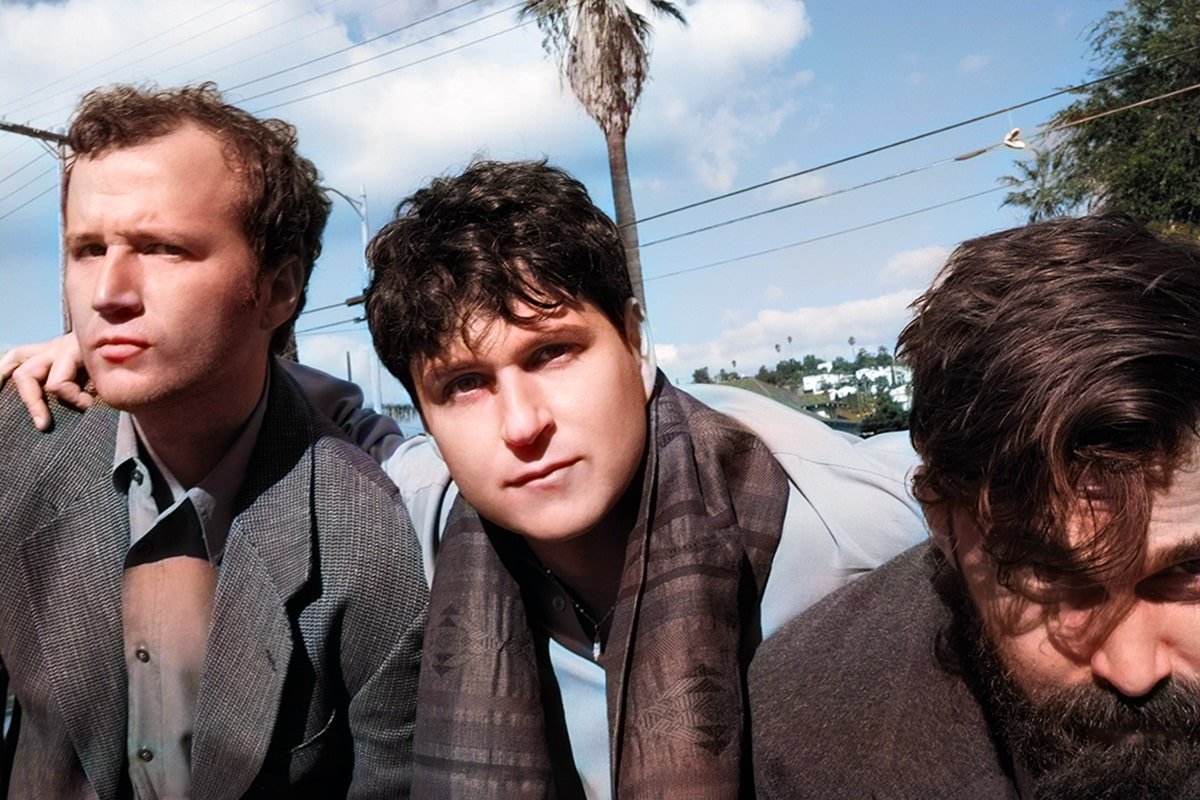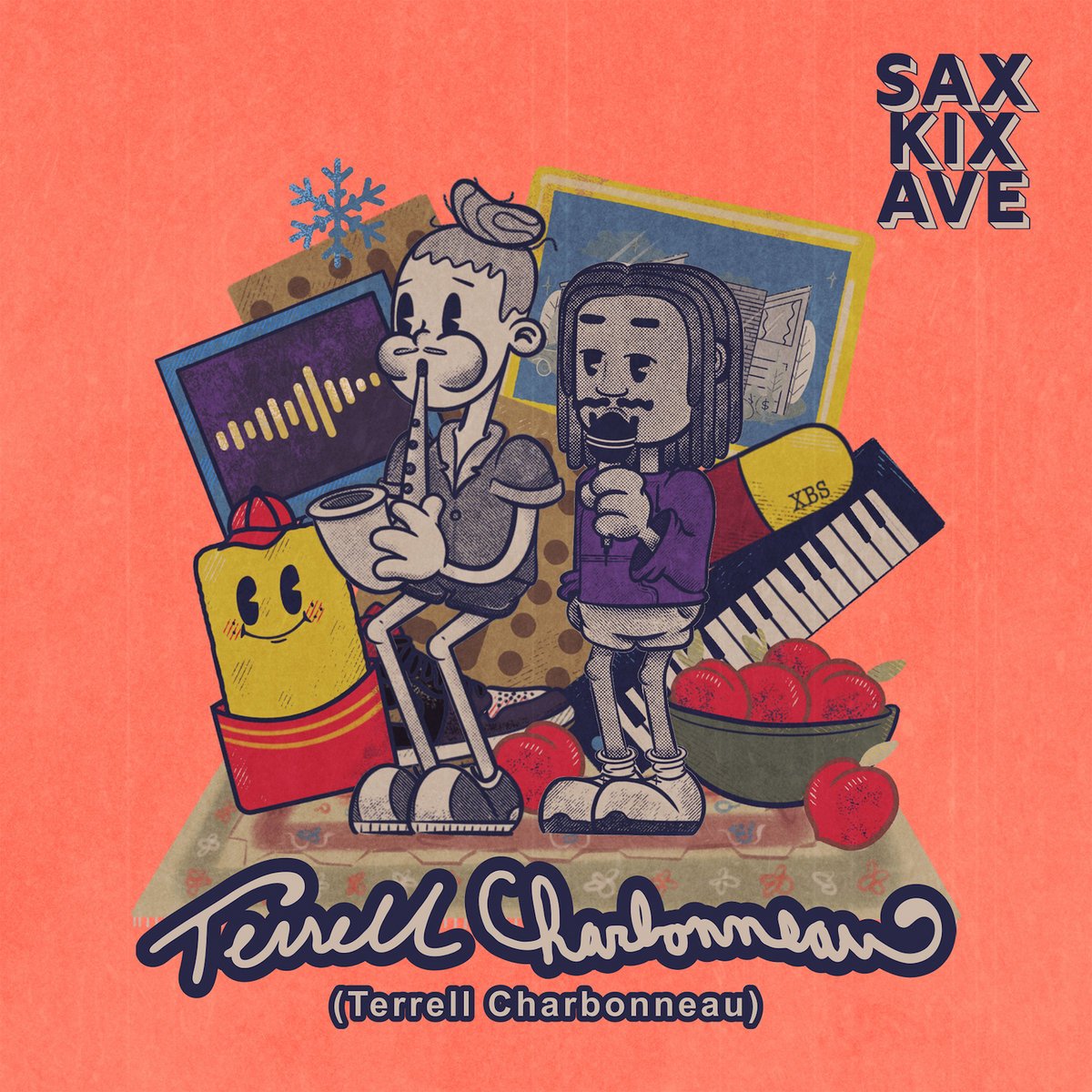Flow Tribe Sounds in Charge on "Boss"

With producer Mannie Fresh, the New Orleans funk band recorded its strongest release yet.
Flow Tribe has had a newsy week, not all of it good. Singer K.C. O’Rorke was carjacked last Thursday night after playing a show at Tipitina’s. O’Rorke wasn’t hurt, and the police eventually found his car but not his trumpets. (You can help replace them.) The band also appear on the cover of the new issue of OffBeat and were one of the bands representing New Orleans when Voodoo announced its lineup Tuesday.
The band’s most recent album, Boss, accounts in part for the attention (well, not from the carjacker—not as far as we know). It’s the band’s strongest to date because it exists first as a stand-alone listening experience. Before Boss, Flow Tribe’s recordings sounded like ads for and documentation of the band live. With producer Mannie Fresh, the band has produced a genuine collaboration. Boss doesn’t sound like something either act would come up with on its own. The band paid attention to the details of the songs on the album, crafting them so that they clearly evoked soul in the ’70s without sacrificing the funk that earned the band its following. Most of the songs have beginnings, middles and endings instead of a groove that they sustain until the track ends, and that gives each one life, even the songs that could stand to be thought through more completely. (I’m not sure what “I’m making love on a turning table” means.)
In the past, it has always been easy to hear Flow Tribe’s influences; this time, not so much. The Beastie Boys flirted with the sort of faux Barry White riff that O’Rorke runs on “Interlude” on Boss when they recorded “Some Dumb Cop Gave Me 2 Tickets Already,” but the Flow Tribe track sounds a like natural extension of the album’s vibe and doesn’t play as obviously for laughs as the Beasties. Nor do Flow Tribe sound like they’re reaching for musical sources that aren’t truly theirs. The band comes to the ‘70s through hip-hop, which samples that golden age for R&B without stepping out of the modern world. In the same way that much hip-hop sounds simultaneously classic and cutting edge, Boss sounds new while clearly rooted.
Lyrically though, the band plays it too straight. Some of the playfulness Flow Tribe displays in its stage attire would help make the words more distinctive. As is, the lyrics slip easily into a very familiar bro mindset—not just for the band for for rock bands in general. Love ties guys down and ruins their fun. Love’s a thing that men fight even as they pursue it. Women just want to run the show in relationships, and they can’t be trusted. Obviously, love and relationships are proper fodder for lyrical exploration, but Flow Tribe doesn’t find anything that thousands of songwriters before them didn’t find too. There’s no individuality in their experience. Because of that, the songs on Boss are just good songs. Cool tunes, cool grooves, and lyrical sentiments that are too familiar to back you out of the album, but not individual enough to draw you in the way the music does.






